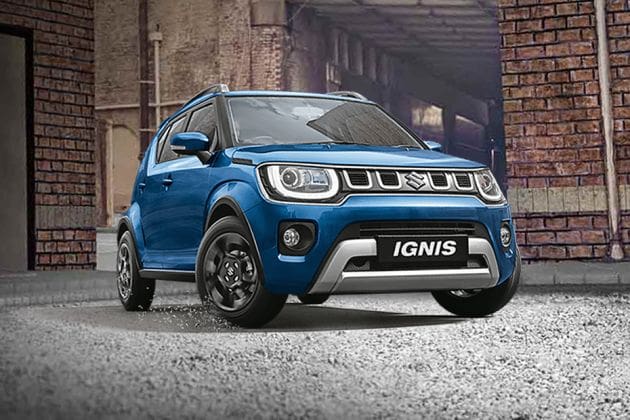Maruti Suzuki uses Indian Railways to transport 7.2 lakh cars in five years
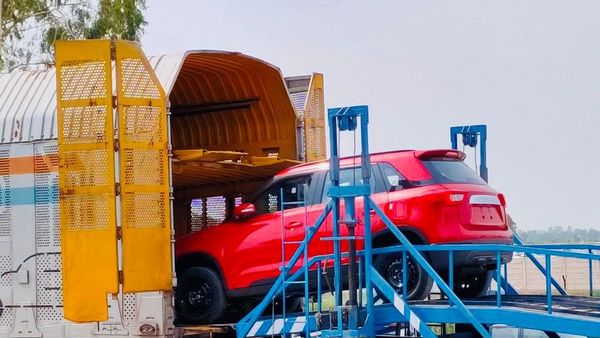

Indian Railways is fast becoming the preferred option among several car manufacturers to take units from one location in the country to another and Maruti Suzuki has been taking the lead for quite some time now. Maruti Suzuki on Tuesday informed that in the past five years, it had transported over 7.2 lakh cars through the vast and intricate railway network of the country.
Transporting vehicles in a country as diverse as India can often be a challenge and while transport trucks have been doing the rounds for years and years, Indian Railways has been seen as a viable option in recent times as well. Maruti Suzuki states that not only is this transport option more safe and secure but has also helped it offset over 3,200 MT of CO2 emissions, cumulatively.
Also check these Cars
(Related read: Rail over road is fast becoming preferred option to transport cars. Here's why)
Maruti Suzuki dispatched 1.8 lakh units in just 2020-21 using the rail route option - around 13% of its total sales in this time period. This is the highest figure ever for the country's largest car maker. As many as 1.78 lakh units were transported via rail in 2019. (Full report here)
Using the rail option may make a whole lot of sense because it also helps decongest national highways in the country. "The transportation of finished vehicles via railways has many tangible benefits. It is a clean, environment friendly mode of transportation," explained Kenichi Ayukawa, MD and CEO at Maruti Suzuki India. "As a conscious effort at Maruti Suzuki, we have taken important steps to enhance vehicle transportation via railways."
Maruti had first started taking the rail option to transport its vehicles back in 2014 and states it has since saved over 100,000 truck trips across the highways of the country.
Indian Railways too has been pushing car makers to assess the many benefits of making use of its special coaches. Its design arm - Research Design and Standard’s Organization - had come up with something called BCACM which doubled the capacity of trains to ferry cars - from 125 units in one-go to around 265. A subsequent design upgrade took this number up to 318 cars at speeds of up to 95 kmph.
Maruti Suzuki is also the first auto manufacturer in the country to obtain Automobile Freight Train Operator (AFTO) license. This allows private firms to fabricate and operate high speed, high capacity autowagon rakes on the Indian Railway’s network. Currently, Maruti makes use of five loading terminals - Gurugram, Farukhnagar, Kathuwas, Patli and Detroj. There are 15 destination terminals which include major cities like Delhi-NCR, Mumbai, Bengaluru, Chennai - among others, as well as the Mundra Port in Gujarat.
Many other OEMs have also been using rail services to take vehicles from plants to all four corners of the country. This includes Mahindra and Mahindra, Kia, among others.







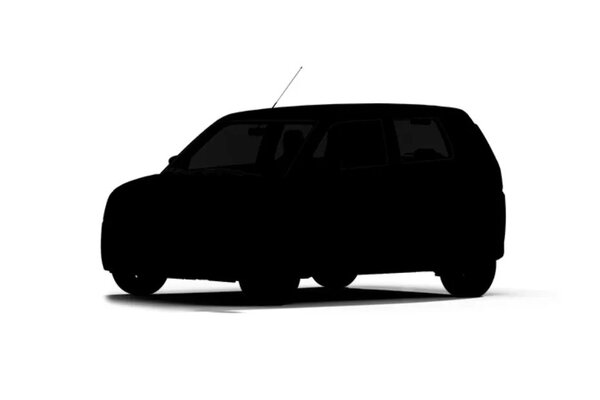
 998 cc
998 cc Petrol
Petrol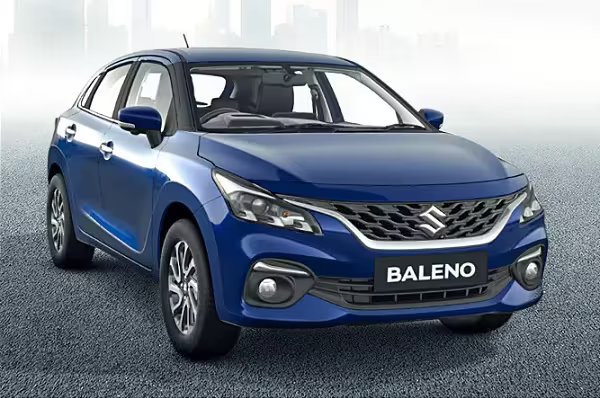
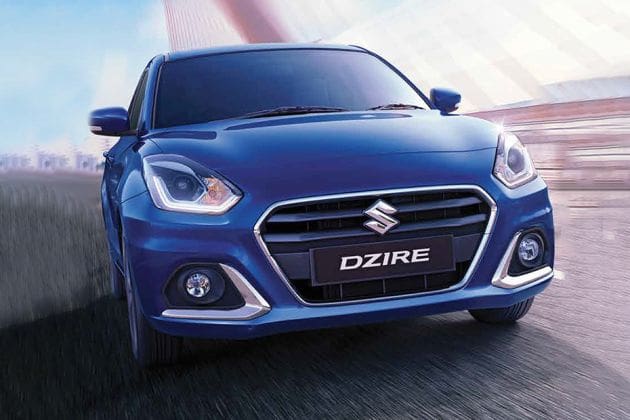
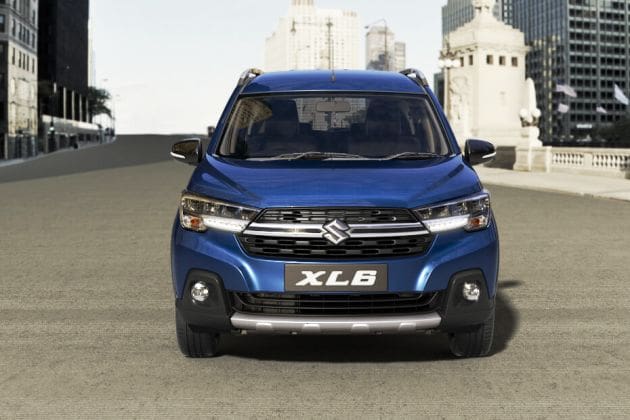
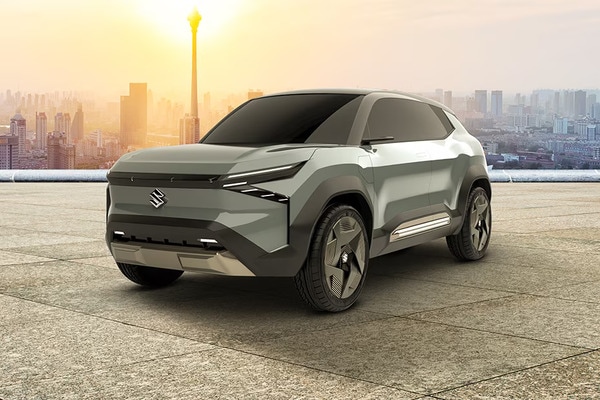
 60 kWh
60 kWh 550 Km
550 Km